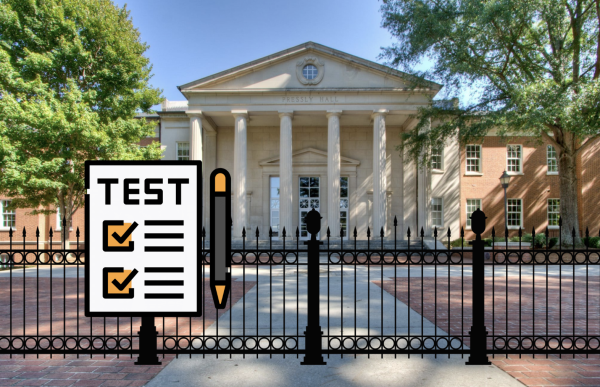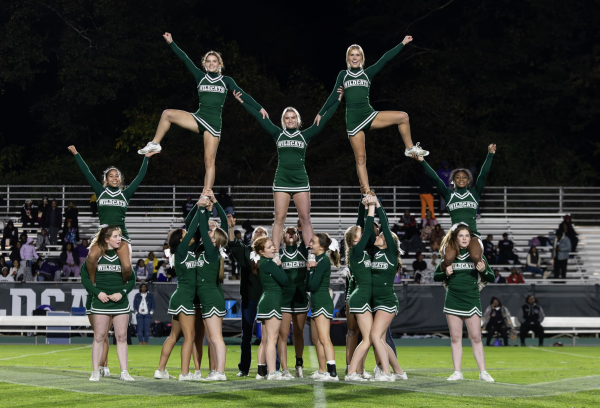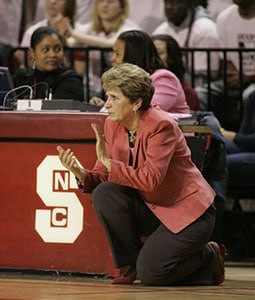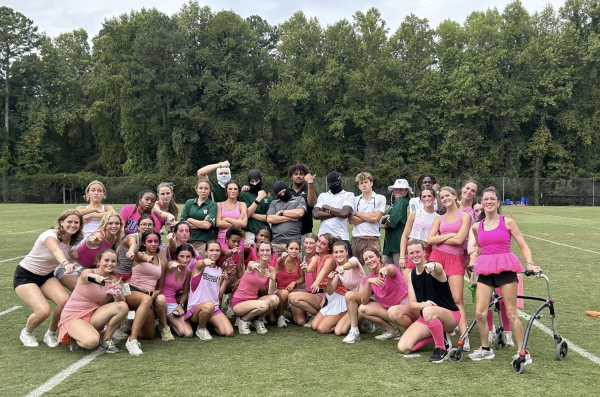Colleges to go grade-optional next year

Photo credit What’s So Good About Public Education blog
When COVID-19 began spreading across the United States last year, it upended numerous facets of higher education, including the role of standardized testing in the admissions process. Concerns over community spread led to the widespread cancellation of the ACT and SAT by testing centers from March through the summer and early fall. In response, nearly all colleges in the country changed their admission requirements to allow students to opt-out of submitting an ACT or SAT score for the 2020-2021 cycle.
Some students in the current admissions cycle embraced the test-optional policies, as the lack of a score requirement prompted these students to apply to schools that may previously have been out of their score range.
“Granted, my 450 composite on the SAT may not cut it for some of these so-called Ivy League institutions, but hey, I hear that they’re looking for more diversity on campus, and I don’t know anyone else who can sleep through a four-hour test,” said one member of the class of 2021.
Colleges have noted the demonstrated enthusiasm by students toward their test-optional policies and have decided to move a step further. Beginning in the 2021-2022 admissions cycle, nearly all four-year colleges in the United States will go grade-optional in an attempt to attract more applicants and artificially inflate acceptance rates.
“Despite receiving nearly 57,000 applications for the class of 2025,—almost a 50 percent increase in application volume from last year—the admissions committee at Harvard has decided to move forward with the proposed grade-optional policy in the next application cycle,” exclaimed one Harvard admissions officer. “I’m eagerly looking forward to sending more useless pamphlets and impersonal emails to high schoolers to let them think they have a shot at getting in!”
While the grade-optional policies could be a boon to the elite institutions across the country, high school counselors have expressed their concerns about the policies set to take effect next year.
“I’m not sure that colleges going grade-optional will exactly inspire the current junior class,” said a member of the college counseling department. “Since colleges announced their intentions to integrate this policy into their admissions requirements, I’ve only had three meetings—two of which were students who met with me to announce their intent to stop attending classes altogether.”
Like the college counseling department, some juniors believe that the grade-optional policy will be detrimental to the effort put forth by students in the coming months.
“I can’t believe it. All of the sucking up to my teachers, all of the stupid ‘extra-credit’ assignments, were for absolutely nothing. I just wish I had gone outside more and spent time with my friends instead of going to office hours and pretending to be invested in the personal lives of my teachers so that they’d give me better grades,” said one disgruntled junior.
Without grades or test scores, greater weight has been placed on extracurriculars within the admissions process. Consequently, desperate students have founded so-called nonprofit organizations in an attempt to bolster their college applications by appearing more engaged with the local community. For instance, one member of the class of 2021 founded a nonprofit called Keep the Ball Rolling, which, in theory, intended to recycle old sports equipment into new equipment and other materials.
“So what if I spent more time designing our logo than performing actual community service? How is anyone going to take us seriously without a cool logo? And just wait until colleges see it!” said the founder of Keep the Ball Rolling, who preferred to remain anonymous.
The grade-optional hysteria has had domestic repercussions as well. Overly involved parents have taken drastic measures to ensure that their children are admitted to top colleges, ditching typical childhood activities in favor of college-oriented pursuits.
“Playdates, you say? There will be no ‘playdates,’ because ‘playdates’ will not get you into Princeton. You can ‘play’ all you want when you are a doctor or engineer,” said one mother, while taking her first-grade son to his multivariable calculus prep class.
This “tiger mom”-oriented approach to academics has also exacerbated the competitive atmosphere some students face in schools. Hyper-competitive students have reportedly taken extreme steps to improve their chances of attending a top college by decreasing the likelihood of their peers from taking their spot (addition by subtraction, as they say).
“Looking back on it, I don’t regret what I did,” said one high school senior nonchalantly. “If I hadn’t written those fake offensive text messages and pretended someone had sent them to me and then reported them to college admissions officers, somebody else would’ve.”
Though the grade-optional policy may nudge the college admissions process toward the elusive goal of total equality, the process has the potential to compound the stress experienced by students toward the end of their high school careers. Some may suffer from a devastating lack of motivation, while others may be pushed to create even more esoteric nonprofits. However, one thing is for certain; the grade-optional policy is sure to shake things up in the realm of college admissions.









